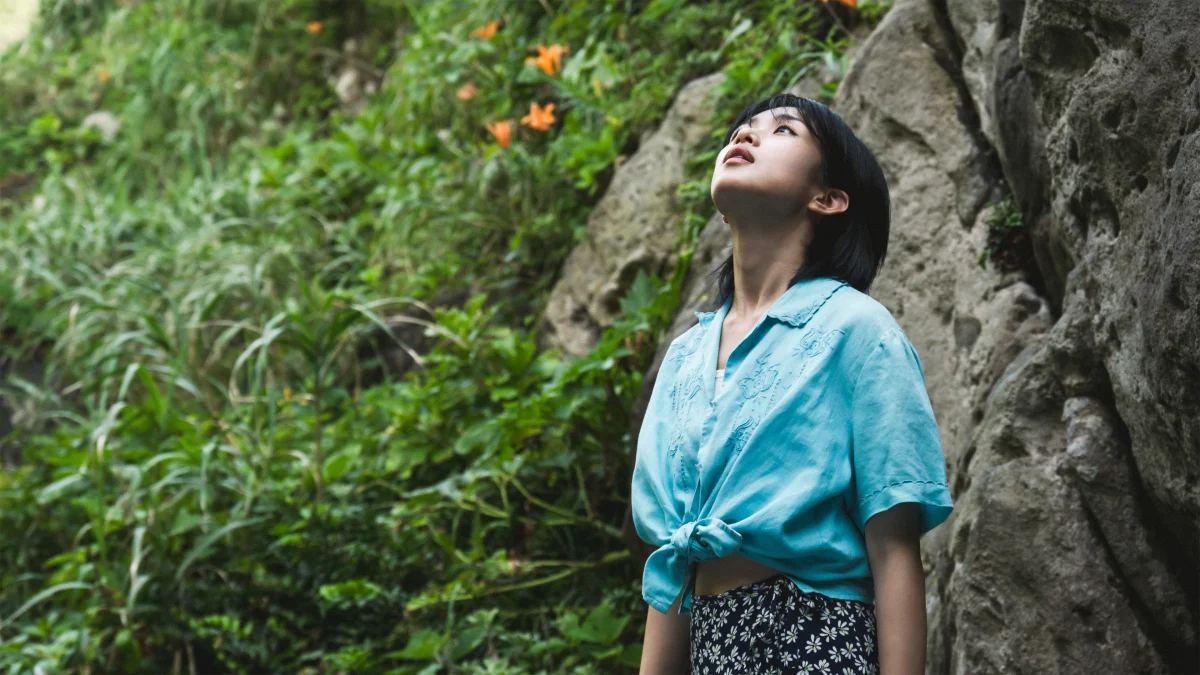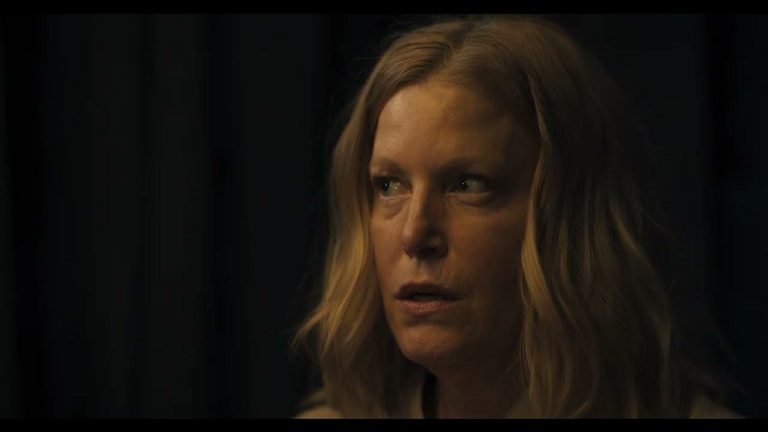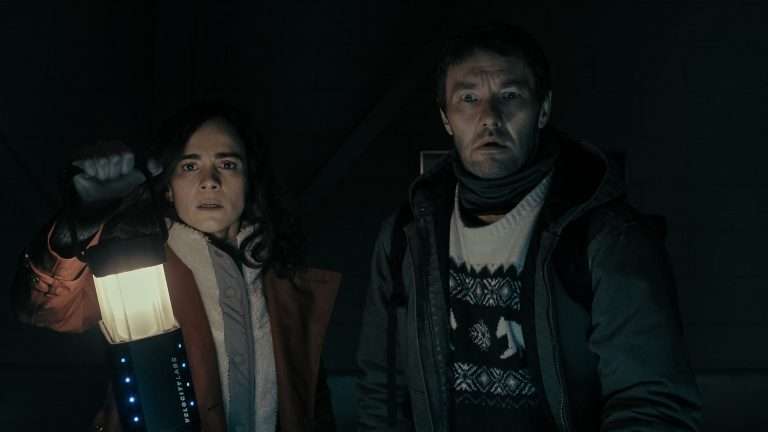The fact that this year’s Golden Leopard went to Sho Miyake’s “Two Seasons, Two Strangers” (Tabi to Habi) has the most beautifully reassuring ring to it. In an ecosystem increasingly drowned by technical exhibitionism, this film touches a rare purity. Miyake abjures showiness and embraces humility, towards characters, the way they dwell within their specific loneliness.
In his cinema, gestures are minute, considered, and reveal a surge of latent emotion. Just look deeper, and you can draw up worlds of anguish and grief bobbing beneath the unexpressed. In fact, the portrait of strangers forging a flicker of profound connection in Miyake’s artfully subdued drama sneaks up on you with poetry and pathos.
In the opening, a woman jots down a snatch of a scene, and you witness it come alive. There’s the conjuring element of art that lends a literal dimension. From someone waking up in a backseat to a man at a beach, the film threads them together eventually. Nagisa (Yuumi Kawai) and Natsuo’s (Mansaku Takada) individual relationships with the particular coastal town come to a head. She visits over summer breaks, hoping a new place can make her feel better, only to be disappointed. She does admit, though, that the place is nice.
He glumly remarks he’s never met anyone unluckier than him. He recounts a story that he suggests would be scary, but she finds sad. As the two walk and chat, both somewhat downbeat, their emotionally spent demeanour runs counterpoint to the anchorage they find in each other. The scenes drip with vestiges of slow-gathering faith, but poking underneath is also something more tenuous, tinted with a lurking quality. The sea looms in the background. Just as rains start whipping down, the film cuts to the screenwriter, Li (a richly intuitive Shim Eun-kyung), with whom it began.

The snippets from her film are counterposed with discussions on it. In public, she’s a twitchy, tentative presence. All sorts of opinions by students are lobbed. One says they expected something more upbeat, a film on travel, but it turned bleak. When someone points out eroticism in the film, Li fumbles in her seat. As a Korean screenwriter struggling to identify with Japan, that’s been her home for a while, Li, in voiceover, talks about the initial disarray, not having the language to articulate her emotion.
Now, she does have it, but moved into a “cage of words”. But the flooding of words doesn’t render her less alien in space. Somewhere deep within herself, Li is at greater peace; nevertheless, oscillations and uncertainties abound. She’s going through creative stasis and seeks to cobble together a project. With an unsteady footing, she finds herself at a small, unoccupied inn amidst desolation run by a jaded Benzo (Shinichi Tsutsumi).
The fragmented, bifurcated nature of the film strongly alludes to artistic processes, their intermingling with life. How does the artist funnel through everyday life to create something, eke joy and despair in their work? This two-way transference is of chief interest to Miyake as he takes sudden encounters to a place of sublimity.
There’s so much we can take from others, generosity manifesting in the most unusual corners. We never know from where calm, muted consolations can descend upon us. The film understands this and etches encounters with a stirring sense of spontaneity and open-hearted reflection. A sparsity in the form props up a spring of blossoms amidst the huddle of stray meetings. Miyake pays rich attention to how two people, utter strangers, may unexpectedly find a shared safe space. There’s a wealth of kindness in his gaze, placing grace upon every character.
A fair bit of chafing does come up between Li and Benzo. Even as he insists on business being shuttered, she nudges him to reconsider. He scoffs at much of her proposal while she slogs around in a stupor borne of art not flowing. Often, the strangest of places can lift us, thrusting meaning and direction. Benzo expands her conception of the shape her story can take, emotional extremes of life it may accommodate. The wandering individuals in “Two Seasons, Two Strangers”–be it Li, or her characters–inhabit its lulling textures with an eye to explore and unravel. Infused with dreamy, drifting melancholy, Miyake has created a work of slipping, economical beauty.





![A Spike Lee Joint: Bamboozled [2000]](https://79468c92.delivery.rocketcdn.me/wp-content/uploads/2018/11/sleepneat-768x438.jpg)


